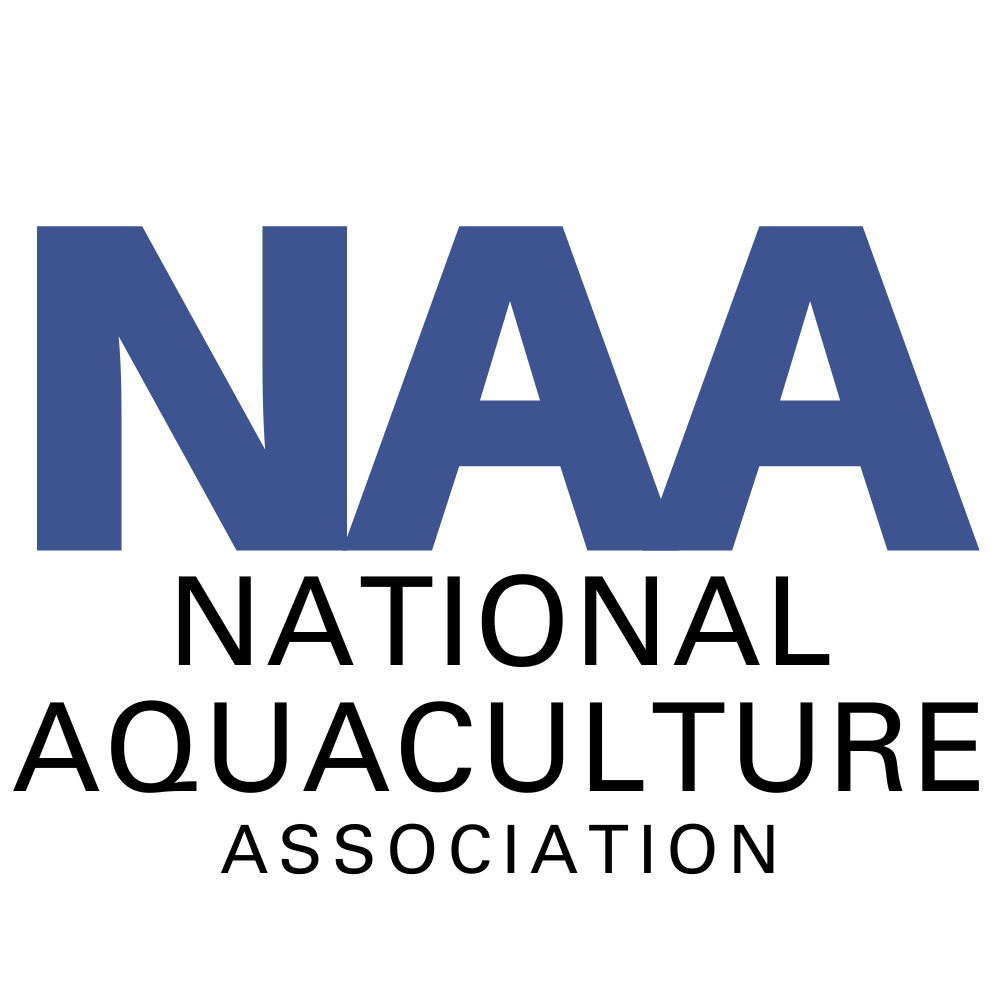
Reagan-Udall Foundation Recommends Sensible Changes to FDA Drug Approval Process
The Reagan-Udall Foundation, an independent 501(c)(3) organization created by Congress “to advance the mission of the Food and Drug Administration (FDA) to modernize medical, veterinary, food, food ingredient, and cosmetic product development, accelerate innovation, and enhance product safety” released an analysis entitled Transforming Animal Health in the U.S. for the 21st Century. The report can be read or downloaded by clicking on: Transforming Animal Health in the U.S. for the 21st Century.
The goal was to understand where the current pressure points are and to identify areas for improvement, including areas of responsibilities for Food and Drug Administration, Center for Veterinary Medicine (CVM). To conduct this analysis, the Foundation recruited a panel of eight outside experts from academia, industry, and professional associations. This Expert Panel thoroughly evaluated the animal health and veterinary medicine ecosystem and proposed a set of recommendations for FDA and other stakeholders, including other Federal agencies.
The National Aquaculture Association (NAA) submitted an 11-page commentary to the Foundation and six NAA members contributed to an invitation-only roundtable discussion.
The Foundation factually reported animal drug approval is far too complex, time-consuming and costly and offered 22 of 38 recommendations focused on improvements. The recommendations to Congress are constructive and informed but, in all practicality, will probably not be attempted unless a focused coalition of animal interests invests considerable time, effort and money to drive legislation which may require several sessions of Congress to pass.
Of greater interest are the recommendations that begin with the phrase "FDA should..." The NAA assumes these are actions CVM can implement without new Congressional authorization or funding. To follow are 12 notable recommendations which may encourage you to read the entire report.
"FDA should..."
Drug Review
- Adopt a structured risk-benefit framework for new animal drug review.
- Establish well-defined endpoints for efficacy and safety evaluations.
- Reduce drug sponsor data burden by accepting aggregated data and not requiring raw data.
- Record performance metrics: number of review amendments, review time per technical section, review amendment frequency.
- Utilize small ad hoc non-agency expert panels to resolve complex contentious issues.
- Utilize mathematical modeling.
- Improve the functionality of the CVM’s adverse event database.
Minor Use, Minor Species
- Move drug approval (new and expanded label claims) to the Office of Minor Use, Minor Species.
- Accept data packages prepared for and accepted by equivalent global regulators.
Global Competition
- Accept foreign data, aggregate data rather requiring raw data, allow drug sponsors to submit foreign dossiers for review and approval from jurisdictions with which CVM has harmonization agreements.
- Address domestic and foreign drug residue limit inequalities.
- Conduct drug supply chain risk assessments to highlight key factors that would create greater resilience to disruptive events.
Going forward the NAA and the Aquatic Drug Approval Coalition organized by the Association of Fish and Wildlife Agencies consisting of public hatcheries, federal and state agencies, drug sponsors and farmers will focus on these recommendations during quarterly FDA-CVM meetings and meetings with agency leadership and Congress.
